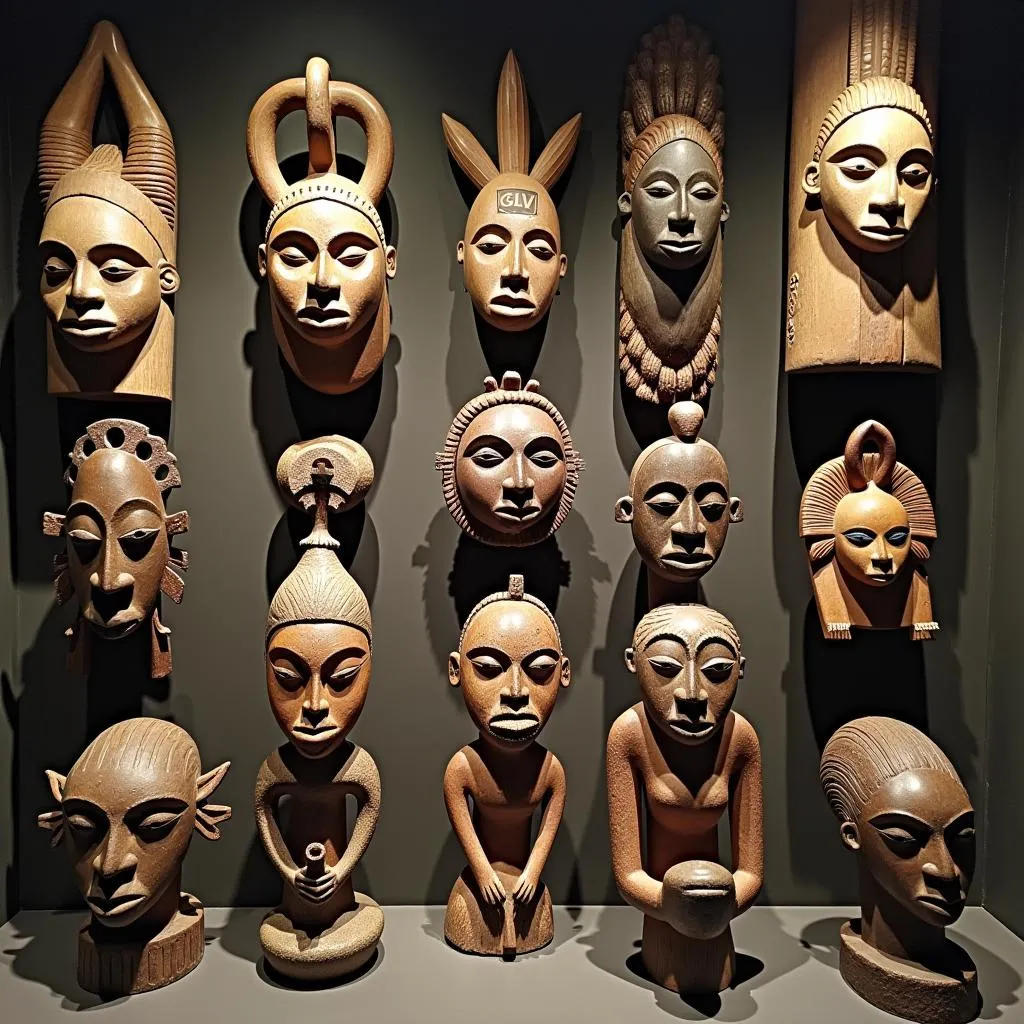African Bank Chief Says Diversification Key to Zambia’s Economic Renaissance
An African bank chief recently emphasized diversification as the key to Zambia’s economic renaissance, highlighting the nation’s need to move beyond its reliance on copper. This call for economic diversification reflects a growing understanding that Zambia’s long-term prosperity hinges on expanding its economic base and reducing its vulnerability to fluctuations in global commodity prices.
Zambia’s Economy: Beyond Copper
Zambia’s economy has historically been heavily reliant on copper mining. While this has brought periods of growth, it has also made the country susceptible to the boom and bust cycles of the global copper market. The African bank chief’s statement underscores the urgency of diversifying into other sectors to create a more resilient and sustainable economy. This diversification strategy aims to unlock new growth opportunities, create jobs, and reduce poverty.
The Importance of Diversification for Zambia
Diversification is crucial for Zambia’s economic future for several reasons. Firstly, it reduces dependence on a single commodity, mitigating the impact of price volatility. Secondly, it creates a broader range of income streams, making the economy more stable. Thirdly, diversification fosters the development of new industries and skills, leading to job creation and improved living standards. Finally, a diversified economy is more attractive to foreign investment, boosting economic growth.
“Diversification isn’t just about finding new things to produce,” says Dr. Emeka Nkosi, a prominent economist specializing in African development. “It’s about building a robust and adaptable economy that can weather global economic storms.”
Sectors for Diversification in Zambia
Several sectors hold significant potential for Zambia’s diversification efforts. Agriculture, with its vast arable land and favorable climate, offers opportunities for increased food production, export earnings, and rural development. Tourism, boasting breathtaking natural beauty and abundant wildlife, can attract international visitors and generate revenue. Manufacturing, supported by improved infrastructure and skilled labor, can produce value-added goods for both domestic and international markets. Furthermore, the development of renewable energy sources like solar and hydropower can provide clean and affordable energy, supporting sustainable development.
Challenges and Opportunities in Diversification
While the potential is immense, Zambia faces challenges in achieving its diversification goals. These include limited access to finance, inadequate infrastructure, and a shortage of skilled labor. Overcoming these obstacles requires targeted investments in education and training, infrastructure development, and policies that promote entrepreneurship and innovation.
“Zambia’s success hinges on creating a conducive environment for businesses to thrive,” states Mrs. Abimbola Adebayo, a leading expert on African trade and investment. “This means streamlining regulations, promoting investment, and fostering a culture of innovation.”
Conclusion: A Diversified Future for Zambia
The African bank chief’s call for diversification underscores the critical need for Zambia to transform its economy. By moving beyond its reliance on copper and embracing new sectors, Zambia can unlock its true economic potential, create a more resilient and sustainable future, and achieve its economic renaissance. Investing in infrastructure, education, and a supportive business environment is crucial to realizing this vision.
FAQ
- Why is diversification important for Zambia’s economy?
- What are the key sectors for diversification in Zambia?
- What challenges does Zambia face in diversifying its economy?
- How can Zambia overcome these challenges?
- What is the role of foreign investment in Zambia’s diversification?
- How can diversification benefit the Zambian people?
- What are the long-term economic prospects for Zambia?
If you need any assistance, please contact us:
Phone: +255768904061
Email: [email protected]
Address: Mbarali DC Mawindi, Kangaga, Tanzania.
We have a 24/7 customer support team.


